HON'BLE JUDGE(S): M. M. Sundresh AND Satish Chandra Sharma, JJ.
D/-16-01-2026
(A) Constitution of India, Art.226 - Recruitment - Irregularities - Recruitment in question arose from a 2013 advertisement for 245 posts of Junior Assistant (Fire Service), comprising 122 unreserved, 78 OBC, 22 SC and 23 ST posts - After completion of selection process, only 158 candidates were appointed: all 122 unreserved posts were filled on merit, while only 10 OBC, 22 SC and 4 ST candidates were appointed - Appellant Authority prepared merit list by first selecting candidates for unreserved posts purely on merit, including reserved category candidates who had not availed any relaxation and had scored marks equal to or higher than unreserved candidates; such candidates were treated as selected against unreserved posts - Respondent, though qualified, scored less than last selected unreserved candidate and was therefore placed in waiting panel, not selected - High Court held that roster had been wrongly applied and directed appointment of respondent and compliance with the 1997 DoPT Office Memorandum - High Court misunderstood purpose of reservation roster, which operates after selection and is meant to regulate cadre strength and future vacancies, not to govern selection itself - Reserved category candidates selected on their own merit can be adjusted against unreserved posts - Since all 122 unreserved posts were filled strictly on merit and without any relaxation, selection was valid - Order of High Court upholding irregularity in recruitment process was set aside. (Para 27-31,33,34)
